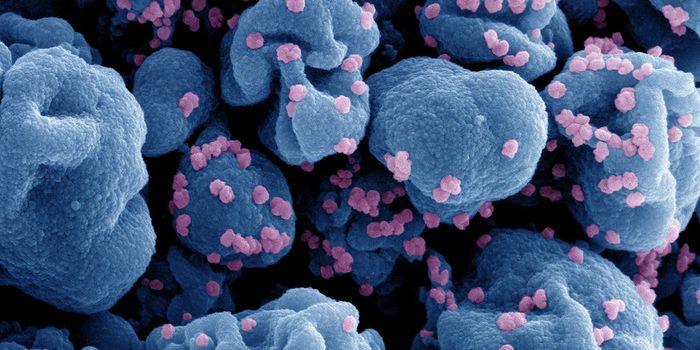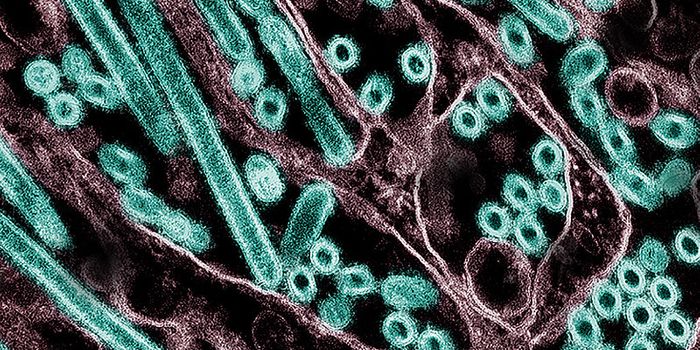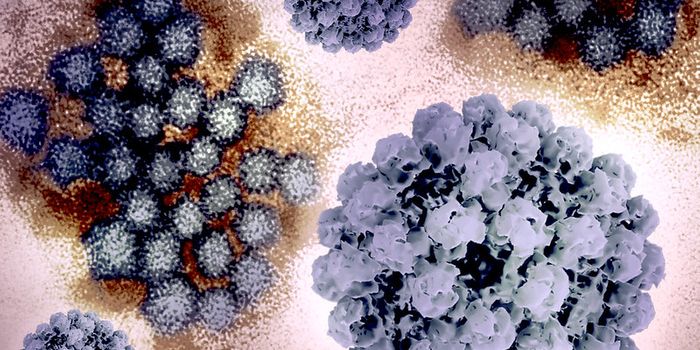Bats Host Many Deadly Viruses, Without Getting Ill
Many different viruses that are extremely deadly when they infect humans are carried around by bats that don't show any sign of disease. Dangerous pathogens including Ebola, Lassa, Marburg, Nipah, and SARS viruses are all harbored by otherwise healthy bats. Now researchers at the Wuhan Institute of Virology in China have found that bats can live like that by tamping down a cellular pathway that functions in immunity. They are able to maintain a bit of defensive action without causing a massive immune response. The findings have been reported in Cell Host & Microbe.
"We believe there is a balance between bats and the pathogens they carry," explained the senior author of the study, Peng Zhou. "This work demonstrated that in order to maintain a balance with viruses, bats may have evolved to dampen certain pathways."
An immune pathway that fights viruses, the STING-interferon pathway, is turned down in bats. However, in other kinds of animals like humans and mammals, the immune action against viruses can cause illness. In humans, an active STING pathway has been connected to serious autoimmune disorders.
"In human history, we have been chasing infectious diseases one after another," noted Zhou, "but bats appear to be a 'super-mammal' to these deadly viruses."
The scientists have provided some new insight into the way that bats can carefully alter their antiviral defenses to craft a response that is effective but not overwhelming.
The investigators have suggested that this special biology has evolved in an interconnected way with other important features of bats; they are flying mammals with a long lifespan and are a good viral reservoir. That also makes them good for transmitting viruses.
"Adaptation to flight likely caused positive selection of multiple bat innate immune and DNA damage repair genes," Zhou explained. The adaptations bats made might have influenced some antiviral pathways including STING, interferon, and others That is another characteristic that has made them good viral reservoirs that are able to strike a tolerable balance in their physiology.
In the video above from biointeractive, follow scientists testing bats for Nipah virus in Bangladesh.
Sources: AAAS/Eurekalert! Via Cell Press, Cell Host & Microbe








